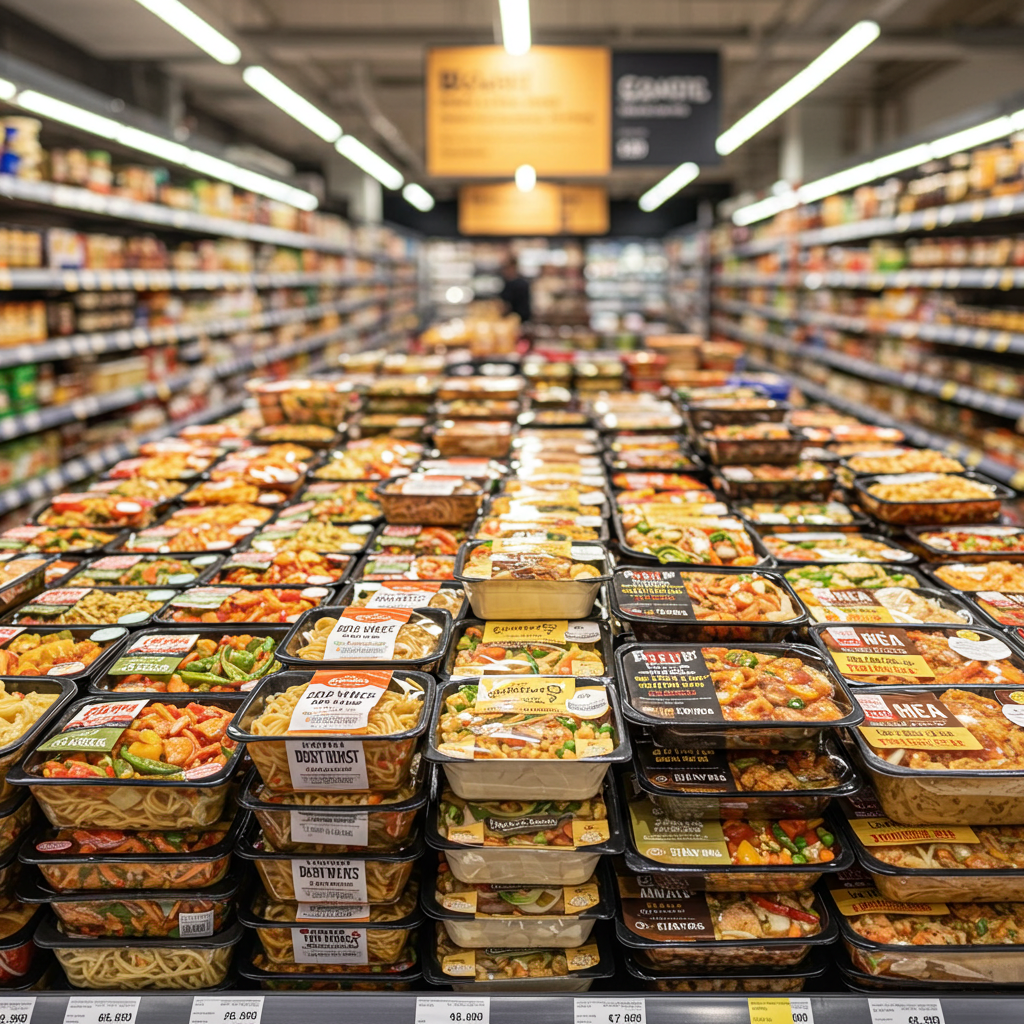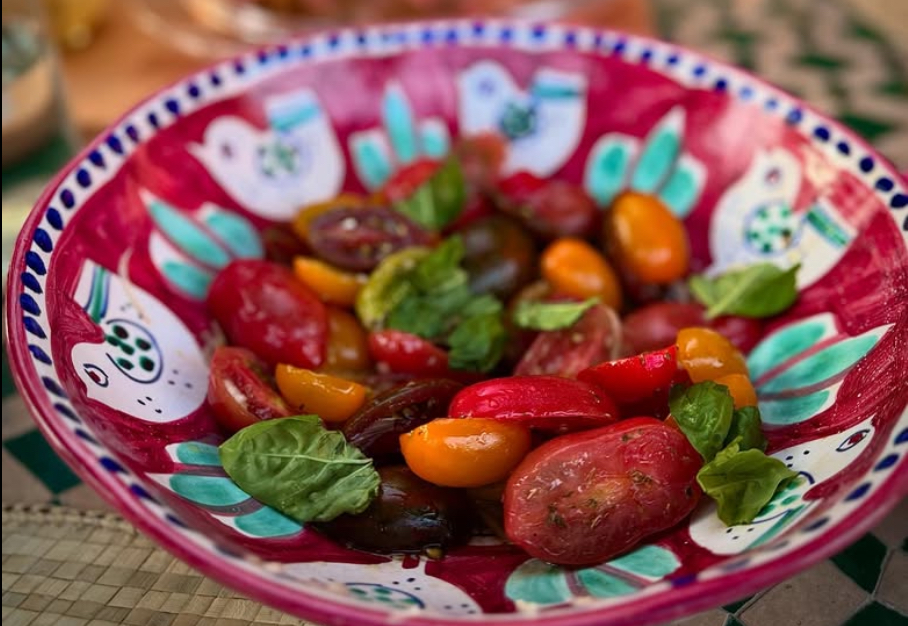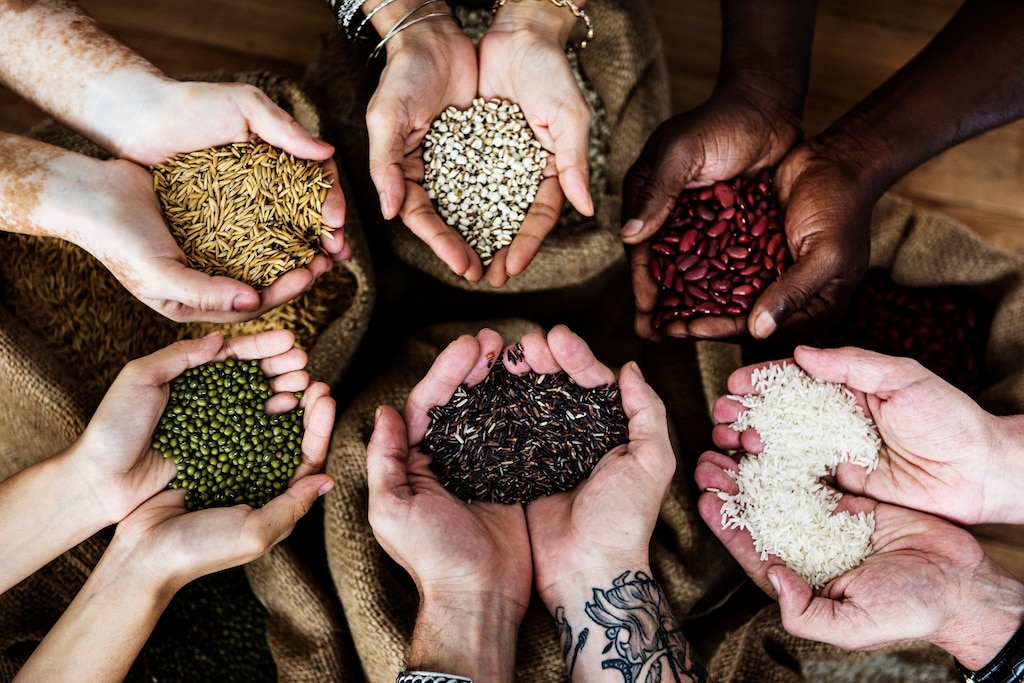We live in an age of expedience. Time, they say, is a luxury. In our busy modern life, the ready meal has emerged as a seemingly indispensable partner. A quick fix, a culinary shortcut, a moment of respite from the tyranny of the kitchen. But at what cost?
We’re told of convenience, of efficiency. Yet, behind the glossy packaging and the seductive promises of flavour, lies a complex and often troubling reality. A reality that extends far beyond the confines of our microwaves and into the very fabric of our environment.
Consider the journey of a ready meal. From the industrial farms, where monocultures dominate and fertilisers leach into our waterways, to the sprawling factories, where energy-intensive processes churn out standardised portions. Then, the packaging: layers of plastic, often unrecyclable, highlighting our disposable culture. And finally, the transportation, the lorries crisscrossing the country, leaving a trail of carbon in their wake.
Are we truly so blind to the consequences? Do we not see the mountains of plastic waste, the depletion of resources, the contribution to a climate crisis that threatens to engulf us all?
The studies are stark. Research underscores the significant carbon footprint of ready meals, particularly those reliant on animal products. The sheer volume of packaging, the energy expended in processing, the long supply chains—it all adds up. And what of the nutritional value? Often packed with salt, sugar, and artificial additives, these meals aren’t truly nourishing.
We are told of progress, of innovation. But is this progress, or a regression? A retreat from the fundamental act of cooking, of connecting with our food, of respecting the earth that sustains us?
It’s a moment of reflection. To question the narratives we’re fed, to scrutinise the choices we make. But, there’s a better way. A way that embraces fresh, seasonal ingredients, that supports local producers and minimises waste.

The ready meal is a symptom of a larger malaise. A culture of convenience that prioritises speed over sustainability, consumption over conservation. Ironically, this pursuit of speed often comes with a higher price tag, as studies show ready meals can be more expensive than cooking the same dishes using simple and fresh ingredients. Are we trading real food’s goodness for processed convenience, just to save a few minutes?
The answer lies in a demand for change. A demand for transparency, for responsibility, for a food system that nourishes both our bodies and our earth. And that, surely, is a question worth asking.




